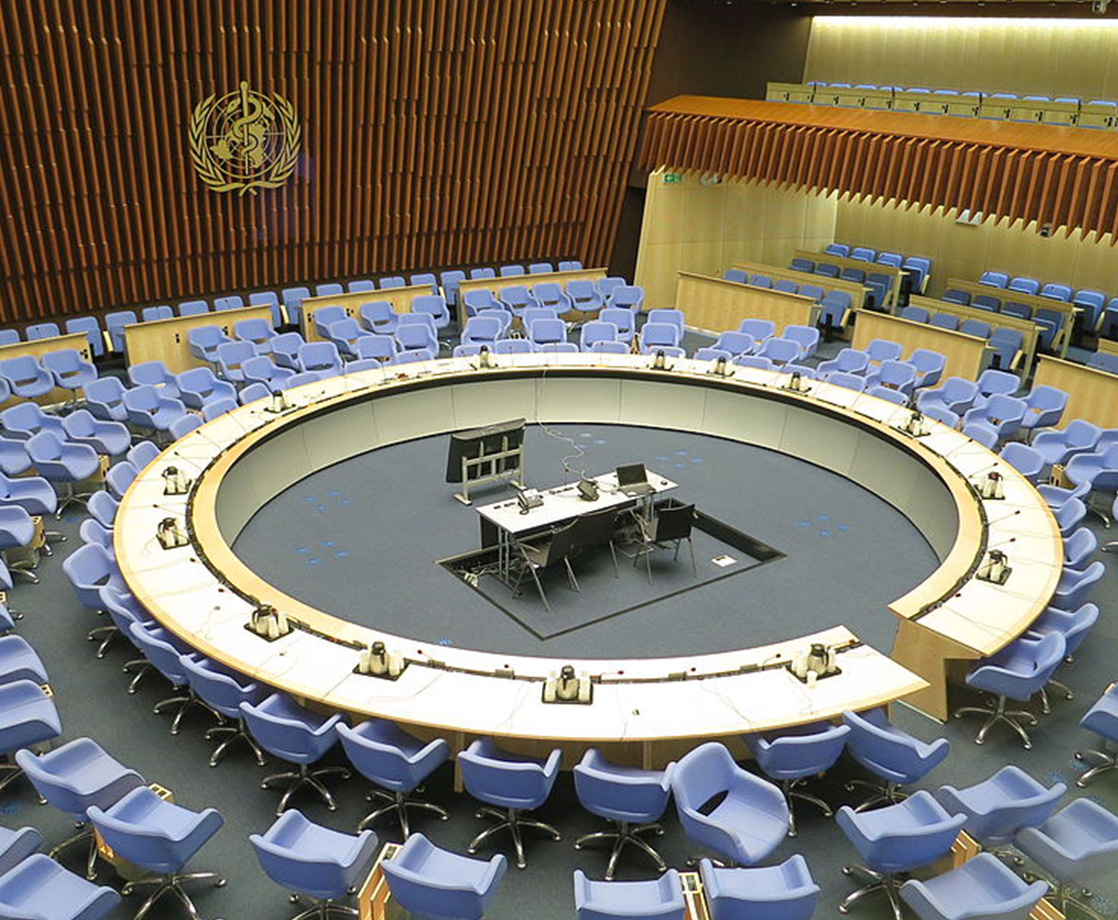Hawaii is now the 26th state to decriminalize or legalize marijuana, signaling that the nation has officially hit a tipping point where more US states have enacted weed tolerance laws than those that haven’t.
Tuesday marked the last day that Governor David Ige had to veto the decriminalization bill, which the state legislature passed in April. Although Ige did not sign the bill, it automatically became law after the veto deadline passed, Vox reported.
The governor was initially hesitant to veto the bill, calling such an action a “tough call” back in June. “The amount is very small, when you talk with law enforcement personnel,” Ige told a press conference. “Essentially they will proceed the way they always have.”
The new law, which takes effect on January 11, 2020, removes criminal penalties for adults caught with three grams or less of weed. (That’s half a gram shy of a full eighth.) However, civil penalties remain in place, and possessing small amounts can still catch someone a $130 fine.
“Unfortunately, three grams would be the smallest amount of any state that has decriminalized (or legalized) simple possession of marijuana,” the Marijuana Policy Project, a cannabis legalization non-profit, wrote in a statement. “Still, removing criminal penalties and possible jail time for possession of a small amount of cannabis is an improvement.”
Decriminalization is different from legalization. Decriminalization removes the possibility of prison time for offenders, and authorities often attach fines for possession. Weed cultivation and sales remain illegal under Hawaii’s decriminalization bill, so recreational dispensaries won’t be popping up in the Aloha State anytime soon. The state has had a medical marijuana program since 2000, though. And in 2015, the state established a sales model for dispensaries.
Hawaii’s latest cannabis reform indicates a growing nationwide trend, too. Officially, Hawaii is the 26th state to decriminalize or legalize weed, but if medical marijuana is factored in, then over 30 US states have significantly reformed their cannabis laws.
With the majority of US states tolerating weed, the federal government may be forced to loosen up on cannabis, as well. Under Article V of the US Constitution, marijuana could be federally descheduled by a state-led convention. Article V states that 34 states are needed to enact a convention; 38 states altogether could ratify rescheduling to effectively legalize weed nationwide.
Historically, though, Article V has never been successful. Fortunately, Congress is considering several critical cannabis reform bills this session, so ratifying through convention may not be necessary.
On Wednesday, Congress will hold a hearing to decide whether the federal government should reschedule or deschedule weed, and, more importantly, how to go about it.
Follow Randy Robinson on Twitter











